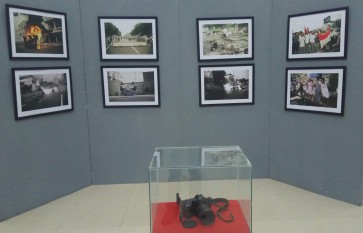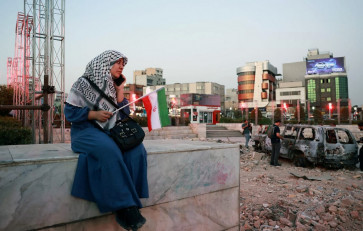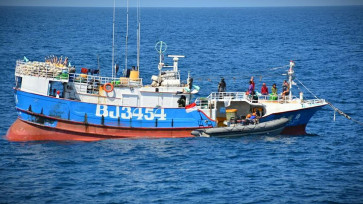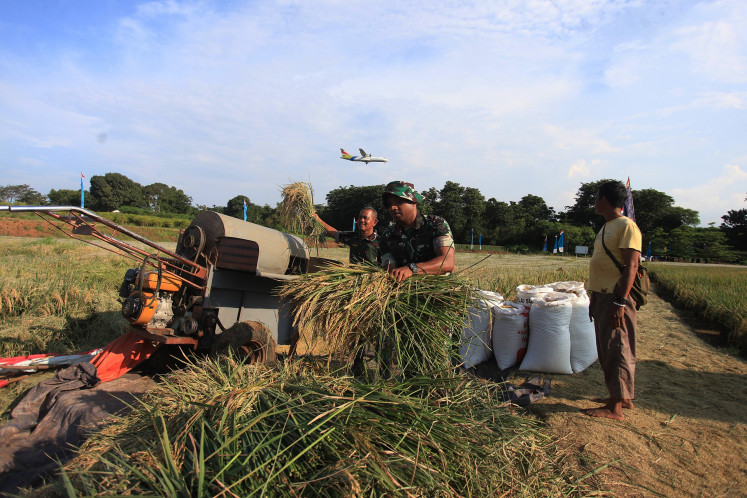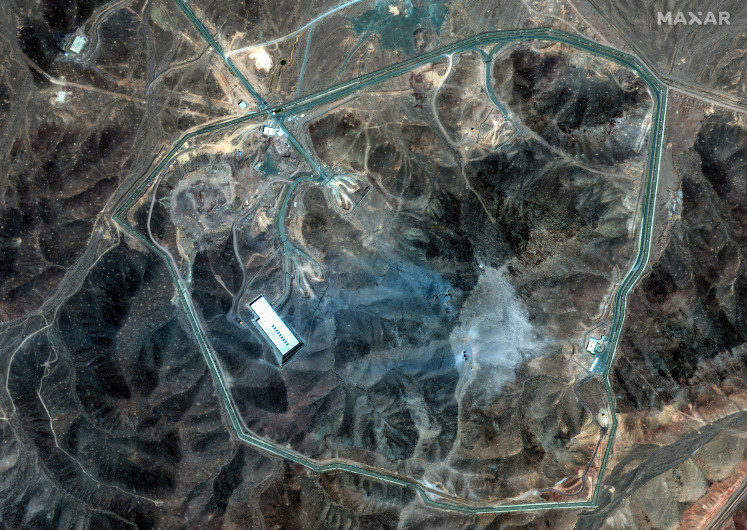Popular Reads
Top Results
Can't find what you're looking for?
View all search resultsPopular Reads
Top Results
Can't find what you're looking for?
View all search resultsPartnering for progress: Food security and human capital in focus
Change text size
Gift Premium Articles
to Anyone
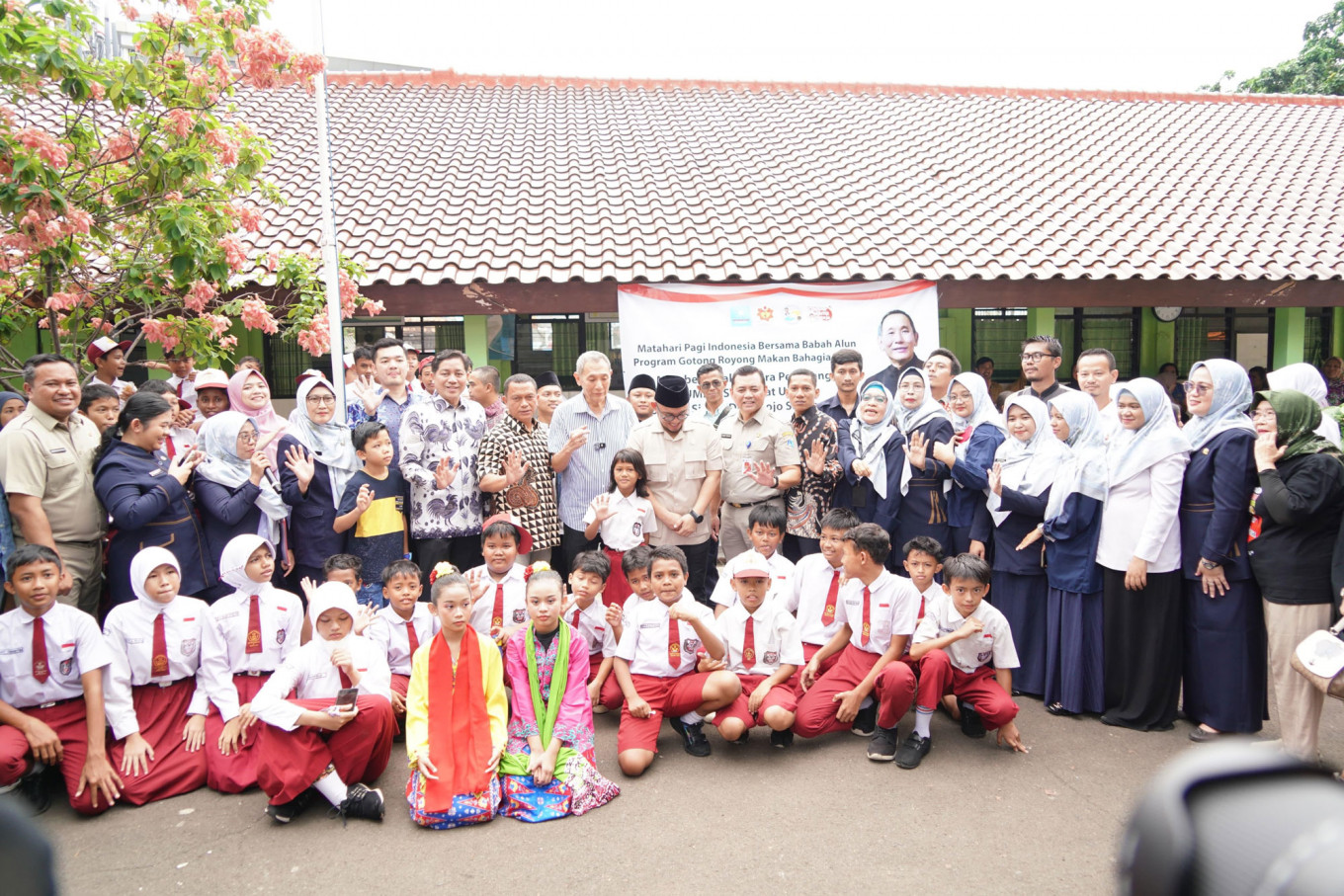 (Courtesy of the Office of the Coordinating Economy Minister)
(Courtesy of the Office of the Coordinating Economy Minister)
T
he government continues to accelerate priority programs that aim to not only boost growth in the national economy but also ensure inclusive development. Among these is the Free Nutritious Meal (MBG) program, a flagship initiative of President Prabowo Subianto’s administration designed to address food security challenges and improve human resource quality.
As of June 22, 2025, the MBG program has reached 5.2 million beneficiaries, including children and vulnerable groups such as pregnant and breastfeeding women.
“Cross-sector collaboration is essential to achieving our nutrition and food access goals,” Haryo Limanseto, minister's expert staff for regional development, said during a recent event at SDN Petojo Selatan 06 state elementary school in Gambir, Central Jakarta.
“Malnutrition remains a major hurdle, especially among children. If left unresolved, this could hinder our path to realizing Golden Indonesia,” he said, referring to the national vision for the country’s independence centennial in 2045.
Also present at the event were Central Jakarta Secretary Denny Ramdani and representatives of Matahari Pagi Indonesia, a civil society group.
In support of the MBG program, Matahari Pagi Indonesia launched the “Free Happy Meals” initiative in collaboration with private donors to target schools not yet covered by the government program. During the initiative’s rollout at SDN Petojo Selatan 06, its second after the launch at a West Bandung school, free meals were distributed to 234 students.
According to Dahnil Anzar Simanjuntak, chairman of Matahari Pagi’s advisory council, the community-driven initiative is designed to amplify the government’s agenda. Plans are also underway to monitor food quality and expand coverage to other regions in the coming year.
Beyond nutrition, the initiative also empowers local micro, small and medium enterprises (MSMEs) through their engagement as food vendors.
“This is our way of giving back to the country. The government cannot work alone. The private sector must step up and help drive national progress,” said Jusuf Hamka, an advisory council member at Matahari Pagi.
Haryo welcomed enthusiasm for the MBG program from the private sector and highlighted the positive impact of involving small-scale vendors.
MSMEs are considered the backbone of the national economy, as they contribute over 60 percent to gross domestic product and employ nearly 97 percent of the national workforce. With more than 64 million MSMEs nationwide, involving their participation aligns with the government’s broader economic empowerment strategy.

